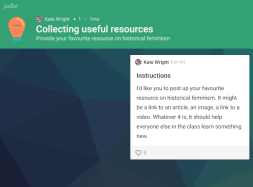
Following the recent Mini Conference on Inclusive Education, we have been reflecting on our experience of the event. Each member of the E-learning Group has written a short piece on one aspect of the Mini Conference.
Neurodiversity
Janet and Caroline’s session was interesting both in terms of the subject matter and the way it was presented. As a trainer, I’m always looking for new ideas and new ways of presenting information, and this session had lots of those. From matching exercises to group work, this was an incredibly active presentation.
As well as helping understand the human brains work very differently, and that those with neuro-diverse conditions often have to work very hard to achieve tasks that those who are neuro-typical take for granted. Whilst this has the potential for increasing stress and workload, its flipside is that those with neurodiversity can be resilient, creative and find new and innovative ways to work achieve their outcomes.
The session highlighted that may of the outward signs of neurodiversity are very similar, and small changes to the way in which we teach can help.
Janet and Caroline presented their session in an engaging and interactive way – and I shall certainly remember the exercise where we tried to explain a holiday without using the letter e! Try it … it will give you a very quick idea of how working around something that everyone takes for granted leads to very hard-work, a lot of false starts – but also a new and different way of expressing yourself.
Accessibility Checker
I have taken away a new attitude and approach to the tools I use and the materials I produce for my students as an educator.
I will endeavour to stop thinking about students with specific learning differences as individuals to whom I have to tailor my materials on a case by case basis. Students with specific learning difficulties do not have a unique learning style. They have a preference that is shared with the rest of the student body to some extent. It is better to think that their particular learning styles or preferences can benefit the student body as a whole.
I will utilise built in tools such as accessibility checker in word. I don’t need to send my work off to a specialist or use elaborate programs. Indeed, the simpler the materials I produce the more compatible they are with assistive technology. Accessibility does not mean I have to use comic sans for everything. Simple things like adding alternative text to an image, using titles and headers correctly rather than messing around with fonts. Everything I produce does not have to resemble a gilded manuscript. It just needs to be functional to serve its purpose of conveying information which is what my teaching is all about anyway.
What do you hope to do differently (part 1)?
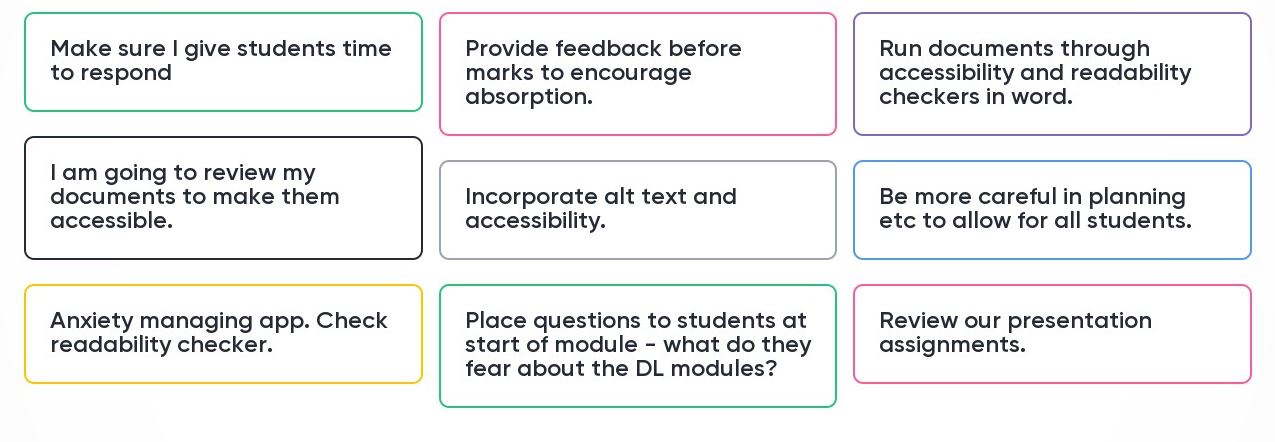
Using Blackboard Tests to widen access to learning
Blackboard Tests are a great way to create a learning resource for students. As a learning technologist and someone who often only sees the technical side of tests, it was really useful to hear Jennifer Wood giving a first-hand account of the many benefits of using this tool. Jennifer teaches Spanish in the Department of Modern Languages and using tests has allowed Jennifer to free up precious class time to focus on more useful discussions. Before using Blackboard Tests, students would spend a portion of their class time being tested. Now students are able to test their knowledge and learning outside of class time in an environment in which they feel comfortable. Depending on the question type you select (there are many types of questions), means that the tests can be marked automatically and that feedback be released to the student after they have taken the test. Of course, tests do require some work and you need to be sure what you wish to use the test for to make it useful for yourself and students.
Just like most content in Blackboard, there are many settings that you can use to match the test to your learning need and requirement. The E-learning Group are always happy to check a test, run through settings or also assist in choosing the right type of question for your learning activity. Why not create a test to help your students with revision activities?
What are you going to do differently (part 2)?
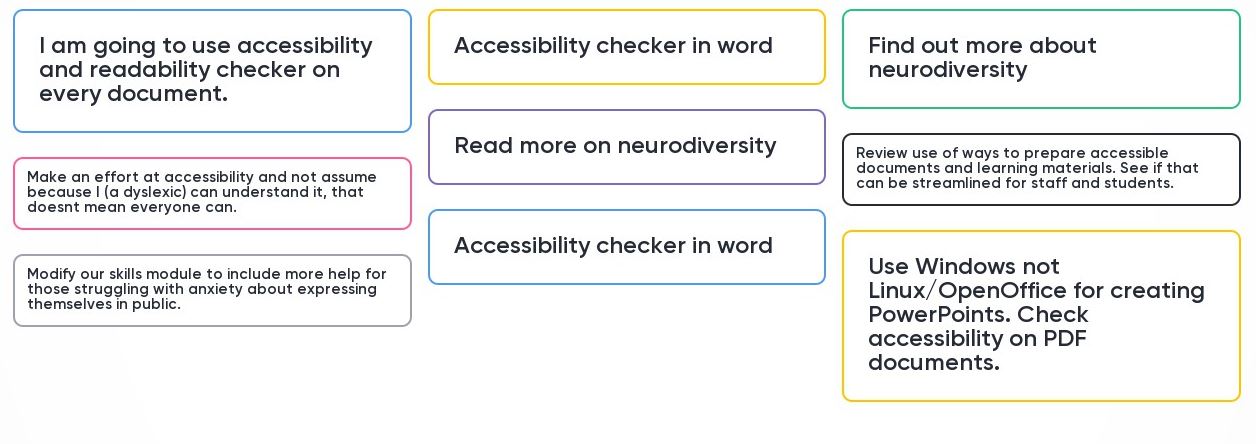
Public Speaking and access to core skills
Rob Grieve’s talk helped me to appreciate how big of an issue public speaking can be for some individuals. I found the advice to be a ‘genuine speaker’ particularly useful. Not prioritising style of over substance, focusing on the information I want to convey and trying to speak in a natural for me way are strategies which I am planning to use to enhance my public speaking abilities.
I was also inspired by Debra Croft’s presentation on the Summer University. It is a project giving an invaluable opportunity to young people participating in it. I was particularly impressed with the variety of subjects covered during only 6-weeks, including not only academic subjects but also life skills. The flexible and creative design of the activities and assessment tailored to students’ needs was equally impressive. This presentation really showed how accommodating the differences can make a significant impact on peoples’ lives.
Submit a proposal for this year’s Annual Learning and Teaching Conference
There were so many useful tips and reflections that choosing one for each of us was quite a task! You can see a full report on the mini conference which is split into two blog posts (Part 1 and Part 2). A reminder that we currently have an open Call for Proposals for our main Learning and Teaching Conference.
What are you going to do differently (part 3)? 


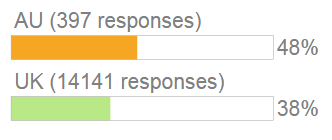
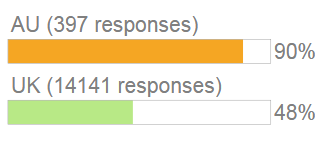


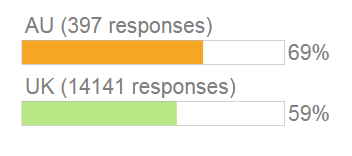
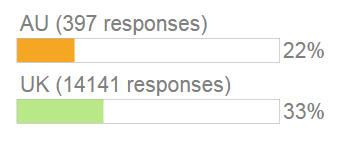
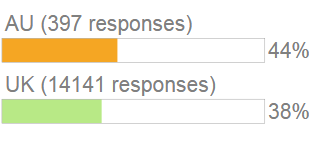







 If you’re anything like us, we have been a little bit obsessed with Line of Duty recently (no spoilers here) and understand how the misspelling of the word ‘definately’ can have potentially catastrophic consequences and we wouldn’t want anyone to be accused of being in league with OCGs.
If you’re anything like us, we have been a little bit obsessed with Line of Duty recently (no spoilers here) and understand how the misspelling of the word ‘definately’ can have potentially catastrophic consequences and we wouldn’t want anyone to be accused of being in league with OCGs.







